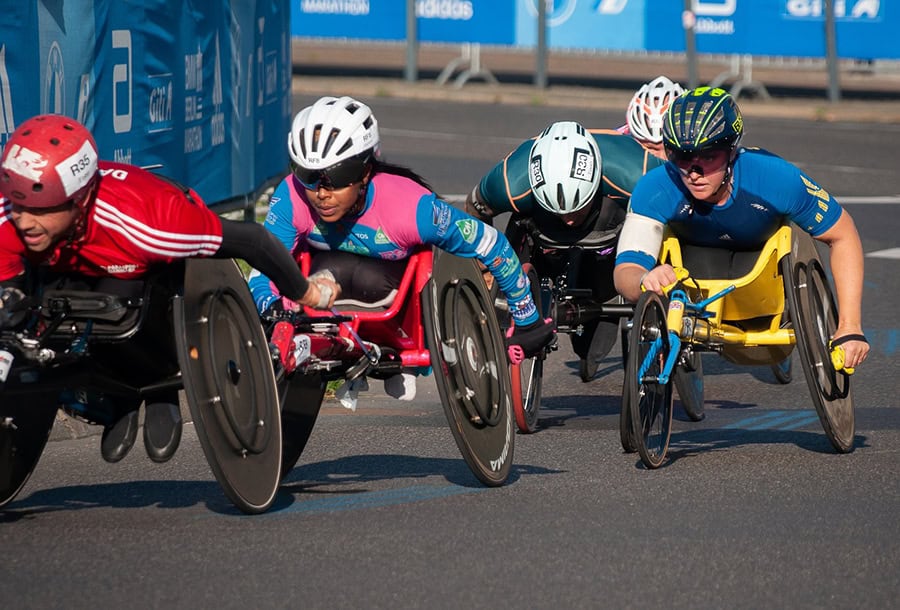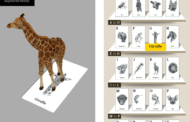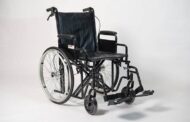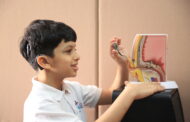By Sarah Sarsby
Published in at today, 2nd September 2024
The World Health Organization (WHO) and International Paralympic Committee (IPC) have teamed up to highlight the transformative impact of assistive technology on sports during the Paris 2024 Paralympic Games.
Read also: New smart glasses tech enables disabled people to control assistive devices more accurately
The ‘Equipped for equity’ campaign emphasises the crucial role of assistive technology for Paralympic athletes to advocate for concerted global action to improve access to these essential health products.
Throughout the Paralympic Games 2024, which run from 28 August to 8 September, WHO and IPC will leverage the Paralympics platform to share messages and information focused on the importance of assistive technology, how athletes use it, and why universal access is essential. Examples of assistive technology used by Paralympians include running blades, wheelchairs, and release braces in archery.
The ‘Equipped for equity’ campaign will also feature personal stories from athletes who rely on assistive technology for sport and in daily life and highlight national successes in advancing access to these critical health products.
“The Paralympics show us what is possible, and the important role that assistive technology plays for these extraordinary athletes,” said Dr Tedros Adhanom Ghebreyesus, WHO Director-General.
“But around the world, many people still do not have access to crucial assistive technology, due to its high cost and low availability. We call on governments, donors, and civil society to prioritise these neglected but critical products, by integrating them in primary care programmes as part of their journey towards universal health coverage.”
WHO and UNICEF figures show that while more than 2.5 billion elderly or disabled people need one or more assistive products, nearly one billion of them are denied access. This is particularly prevalent in low- and middle-income countries, where access can be as low as three percent of the need for these products.
Similarly, a recent report from ATscale, the Global Partnership for Assistive Technology, and the Clinton Health Access Initiative, revealed that market failures prevent almost one billion people from accessing the assistive products they need.
WHO adds that without access to assistive technology, disabled people are denied the right to participate in all aspects of life and are also more at risk of exclusion, isolation, and poverty.
The ‘Equipped for equity’ campaign will showcase examples like Zimbabwe’s recent tax exemption on assistive technology and the pre-Paralympic tax reductions on assistive technology for sports in France and Japan.
By highlighting these initiatives, the campaign calls on the campaign calls on countries to implement similar initiatives. It urges policymakers to reduce or eliminate taxes on assistive technology; integrate assistive technology into primary healthcare and universal health coverage; and ensure that everyone, everywhere, has access to the assistive technology they need.
Expanding access to quality-assured, safe, and affordable assistive technology reduces health and welfare costs, such as recurrent hospital admissions, and promotes a more productive labour force, indirectly stimulating economic growth, WHO states.
Andrew Parsons, President of IPC, added: “The Paralympic Games are one of the only global events that put persons with disabilities front and centre, and in many events highlight how assistive technology can support athletes to compete at the highest level. These technologies allow them to redefine what is possible in sports and inspire millions around the world.”
“While we get ready to celebrate incredible athletic success, it is critical to remember that access to assistive technology remains a significant concern. We must advocate for more affordable and accessible solutions globally, ensuring that everyone, regardless of where they live, has the opportunity to lead a full life and contribute to society.”
WHO is also supporting the IPC and the Government of France to ensure a healthy and safe environment for all athletes and spectators at the Paris 2024 Paralympics. Joint public health advice, developed with the European Centre for Disease Prevention and Control, has been provided to support travellers attending the games.
Reference :
At today
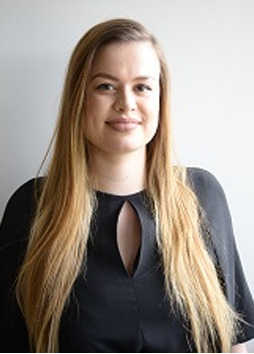
Sarah Sarsby
Digital Content Editor
Sarah joined BHTA Engage who produce (THIIS Magazine, AT Today) in April 2018 as the new Content Writer and Marketing Assistant.
After graduating with a Masters in English Language from De Montfort University, Sarah will be working on all BHTA Engage publications and help ing develop new activities.
Sarah has many different hobbies and interests, she enjoys writing and cooking in her spare time. She also likes to stay active by swimming and practicing yoga.
Digital Content Editor
020 3833 0792






